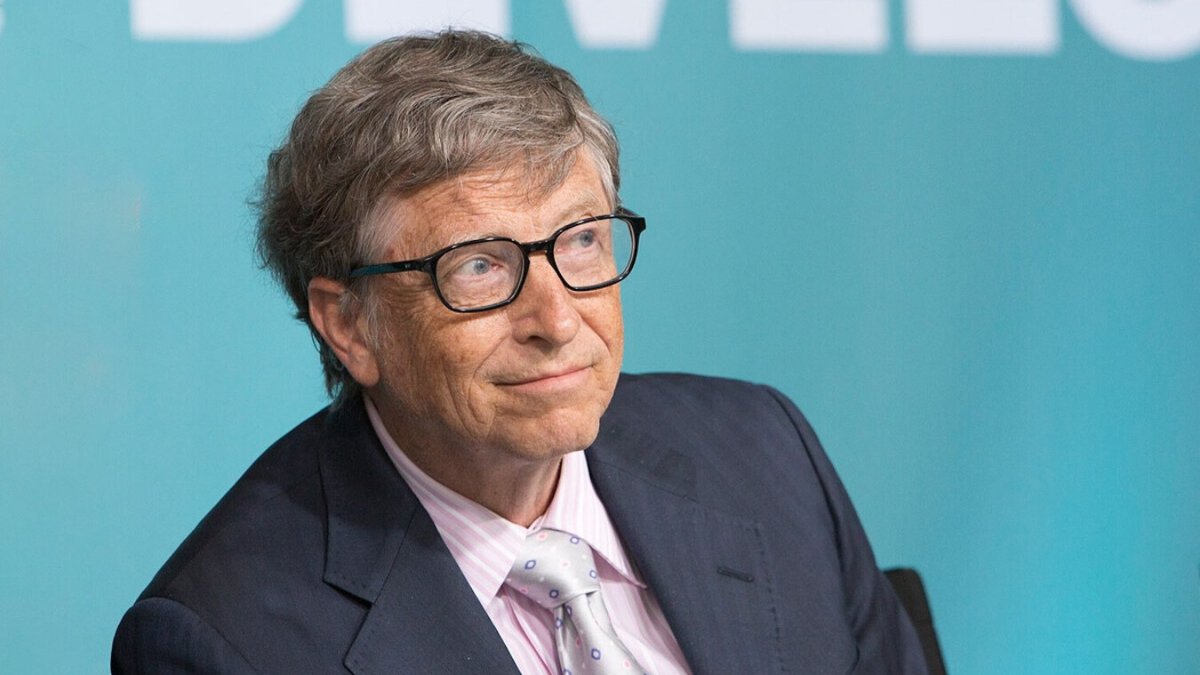Bill Gates highlights the dangers of misinformation impacting today's youth
Bill Gates underscores the escalating threat of misinformation in today's digital landscape, particularly its profound effects on younger generations.

Bill Gates remains one of the most influential figures in the technology sector. His journey began in programming, where he honed his skills by creating his school’s schedules to interact with more girls, and he collaborated with his friend Paul Allen on various business ideas before ultimately founding Microsoft. In discussing the contrasts between his youth and that of today’s younger generations, the billionaire philanthropist shared that he cannot imagine where he would be without the freedom and leisure time he had compared to the hyper-connected and technologically driven world youth face now.
However, Gates is not primarily worried about how today’s youth use technology, but rather about a pressing challenge they face: misinformation. Recently, Netflix released a docuseries titled "What Now? The Future According to Bill Gates," where the Microsoft co-founder openly addresses this urgent issue. He defines misinformation as a global phenomenon exacerbated by three main factors.
The first factor is technological advancements, particularly artificial intelligence, which can generate content that appears real but is not. The World Economic Forum even considers the misinformation created by AI to be the greatest global risk in the coming years.
Secondly, there are 5 billion active internet users, which leads to the rapid, unchecked spread of unverified information, often referred to as going viral. Finally, cognitive biases play a crucial role in how we consume information, as we are prone to seek out content that confirms our existing beliefs.
To illustrate the personal impact of misinformation, Gates recounts conversations with his daughter Phoebe, who has experienced online harassment due to conspiracy theories and racist attacks aimed at a former partner. Misinformation normalizes hate speech and targets individuals based on their beliefs, origins, identities, or genders. Furthermore, the damage it causes can be irreversible, often occurring before it can be detected.
Although content moderation and verification tools are strategies that prove effective, Gates admits they are insufficient. “If you detect false information a day later, the damage is already done,” he stated in a conversation with CNBC. In a concerning turn, platforms like Facebook and X/Twitter have attempted to facilitate the spread of misinformation by reducing their moderating teams in favor of community notes.
In light of this alarming scenario, Gates presents an ethical dilemma: he supports regulation, but without infringing on freedom of expression.
